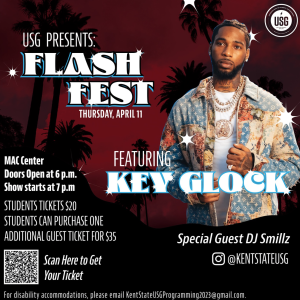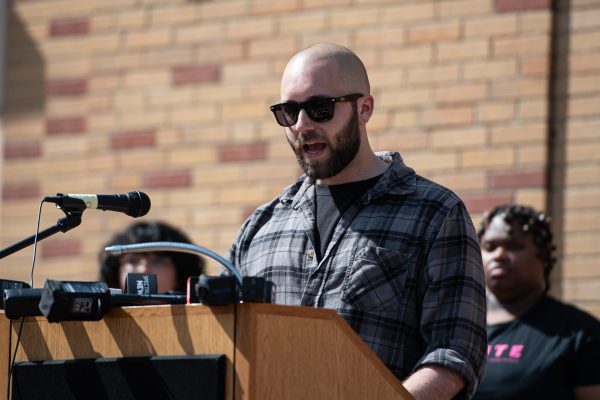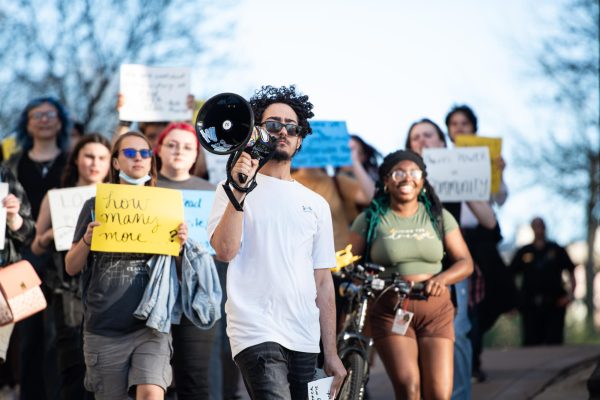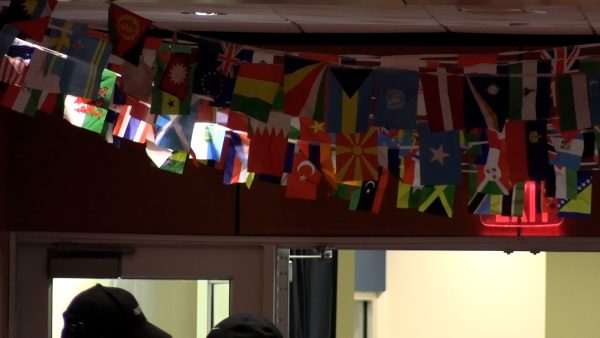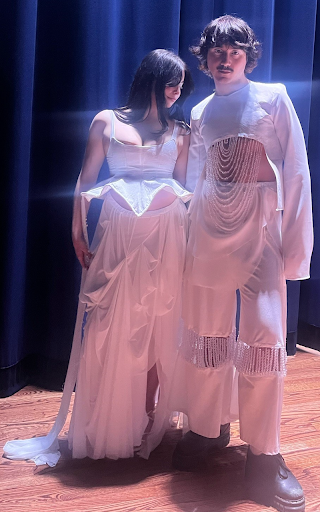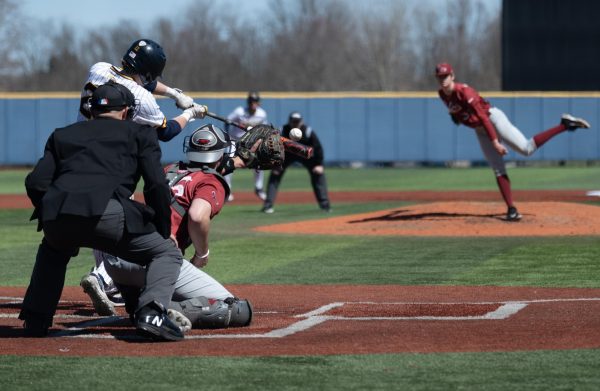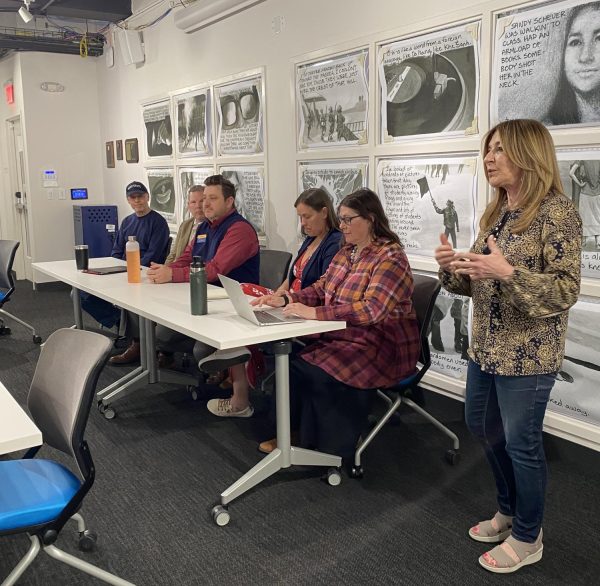‘Stop snitchin’ phenomenon needs to end
April 25, 2007
There was a time when reporting a crime, especially murder, was seen as a civic duty.
This was before the mentality to “stop snitchin'” became popular in many urban neighborhoods. Now, in some black, inner-city communities, people who report crimes are viewed worse than those who commit them.
According to cbsnews.com, “stop snitchin'” is a code to encourage zero cooperation with the police, even if someone has witnessed a crime. The phenomenon, which used to be an understanding exclusively between gangsters, is gaining popularity with black youths in poor cities.
Obviously, those who follow this policy are extremely misguided. The intent of law enforcement is to create a safer living environment. Whether the crime is minor or serious, hiding information about a crime is completely irresponsible. Fighting an officer who poses no threat is not only foolish, but very dangerous.
Inner-city blacks and police officers have a historically tense relationship. A publicized anti-cop effort to protect criminals is not a remedy to this tension. How can people expect policemen to want to treat them fairly if they won’t return the favor?
What could be more disturbing than a pro-crime campaign in high-crime areas?
The masterminds behind this movement are making millions of dollars as they help destroy neighborhoods.
Once again, hip-hop music must take a large share of the blame for violence in the black community.
Hip-hop artists and the labels that support them have advocated the “stop snitchin'” mentality for decades. Rap artists make money off tough images that revolve around drugs, rapper-to-rapper feuds and sometimes even murder.
According to a “60 Minutes” story, the phrase “stop snitchin'” appears in hip-hip videos, T-shirts, Web sites, album covers and promotional hip-hop DVDs.
Rap stars only care about selling records — even if they have to destroy the black race in the process.
In the “60 Minutes” story, hip-hop star Cam’ron talked about being shot in the presence of his entourage. He could have offered information to the cops about the accident, but chose to keep mum.
The rap artist said he did not believe in helping authorities, even if it would involve a serial killer.
Cam’ron said he wanted to protect his “street cred,” or reputation, by not telling about the incident. He made it very clear record sales were his main priority.
Many rap artists say their music and image are strictly for entertaining purposes and won’t accept their places as role models in the lives of black youths.
Many young blacks fail to realize rappers aren’t living the lives of which they brag. They are often speaking of the past or even non-existent events. They get to create hostile environments in inner-cities and retreat to their lives in the suburbs.
I’m tired of the rap artists who think a bullet wound makes them heroes.
They sing about gruesome violence and return to their body guards, luxury homes and million dollar cars. They don’t have to deal with the consequences of their music. If they had to view the body of every young boy who was shot because he wanted to be like 50 Cent, maybe their lyrics would change.
Marchae Grair is a freshman journalism major and columnist for the Daily Kent Stater. Contact her at [email protected].








